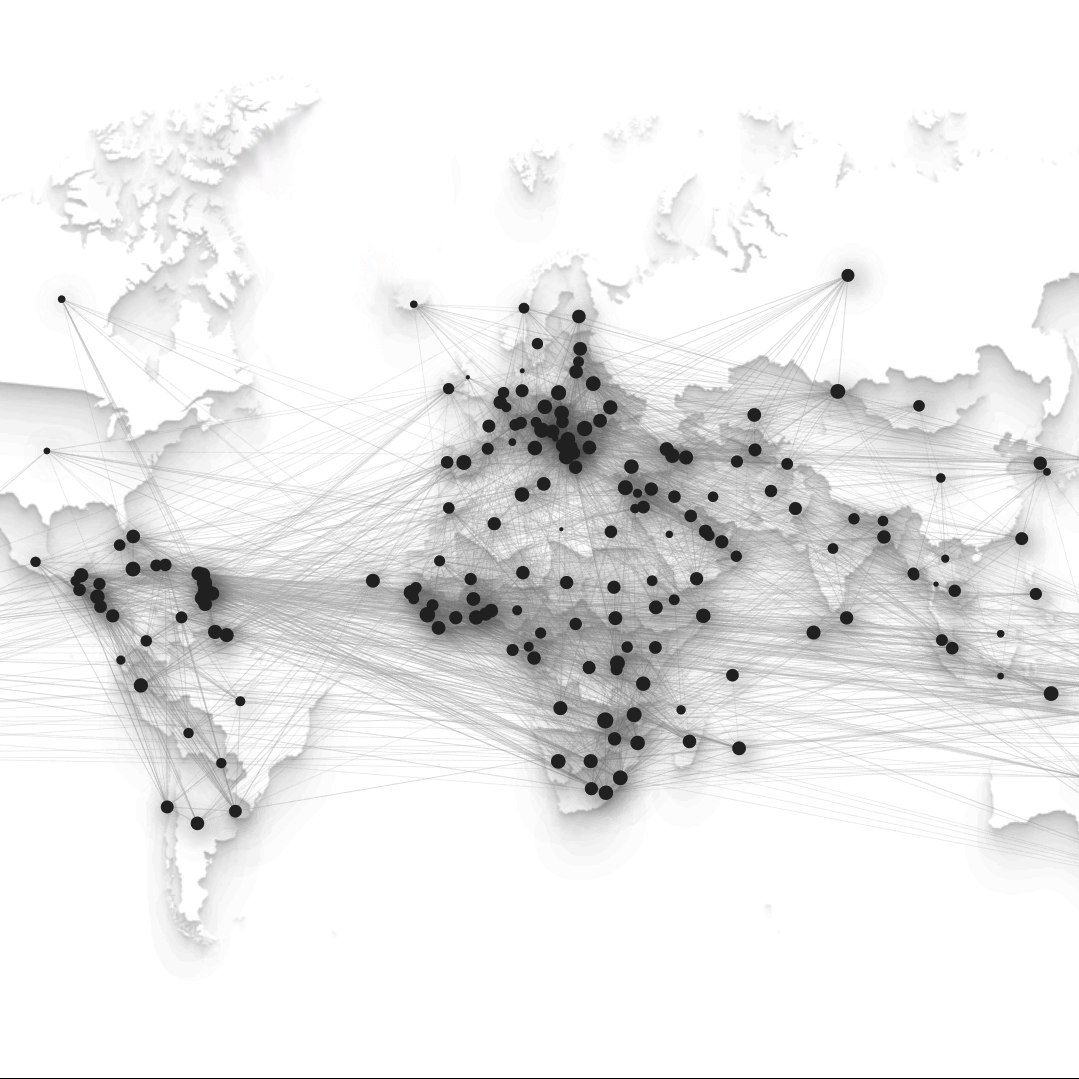Mike Loukides, Hilary Mason and DJ Patil at O’Reilly: “(This post is the first in a series on data ethics) The hard thing about being an ethical data scientist isn’t understanding ethics. It’s the junction between ethical ideas and practice. It’s doing good data science.
There has been a lot of healthy discussion about data ethics lately. We want to be clear: that discussion is good, and necessary. But it’s also not the biggest problem we face. We already have good standards for data ethics. The ACM’s code of ethics, which dates back to 1993, is clear, concise, and surprisingly forward-thinking; 25 years later, it’s a great start for anyone thinking about ethics. The American Statistical Association has a good set of ethical guidelines for working with data. So, we’re not working in a vacuum.
And, while there are always exceptions, we believe that most people want to be fair. Data scientists and software developers don’t want to harm the people using their products. There are exceptions, of course; we call them criminals and con artists. Defining “fairness” is difficult, and perhaps impossible, given the many crosscutting layers of “fairness” that we might be concerned with. But we don’t have to solve that problem in advance, and it’s not going to be solved in a simple statement of ethical principles, anyway.
The problem we face is different: how do we put ethical principles into practice? We’re not talking about an abstract commitment to being fair. Ethical principles are worse than useless if we don’t allow them to change our practice, if they don’t have any effect on what we do day-to-day. For data scientists, whether you’re doing classical data analysis or leading-edge AI, that’s a big challenge. We need to understand how to build the software systems that implement fairness. That’s what we mean by doing good data science.
Any code of data ethics will tell you that you shouldn’t collect data from experimental subjects without informed consent. But that code won’t tell you how to implement “informed consent.” Informed consent is easy when you’re interviewing a few dozen people in person for a psychology experiment. Informed consent means something different when someone clicks on an item in an online catalog (hello, Amazon), and ads for that item start following them around ad infinitum. Do you use a pop-up to ask for permission to use their choice in targeted advertising? How many customers would you lose? Informed consent means something yet again when you’re asking someone to fill out a profile for a social site, and you might (or might not) use that data for any number of experimental purposes. Do you pop up a consent form in impenetrable legalese that basically says “we will use your data, but we don’t know for what”? Do you phrase this agreement as an opt-out, and hide it somewhere on the site where nobody will find it?…
To put ethical principles into practice, we need space to be ethical. We need the ability to have conversations about what ethics means, what it will cost, and what solutions to implement. As technologists, we frequently share best practices at conferences, write blog posts, and develop open source technologies—but we rarely discuss problems such as how to obtain informed consent.
There are several facets to this space that we need to think about.
First, we need corporate cultures in which discussions about fairness, about the proper use of data, and about the harm that can be done by inappropriate use of data can be considered. In turn, this means that we can’t rush products out the door without thinking about how they’re used. We can’t allow “internet time” to mean ignoring the consequences. Indeed, computer security has shown us the consequences of ignoring the consequences: many companies that have never taken the time to implement good security practices and safeguards are now paying with damage to their reputations and their finances. We need to do the same when thinking about issues like fairness, accountability, and unintended consequences….(More)”.



